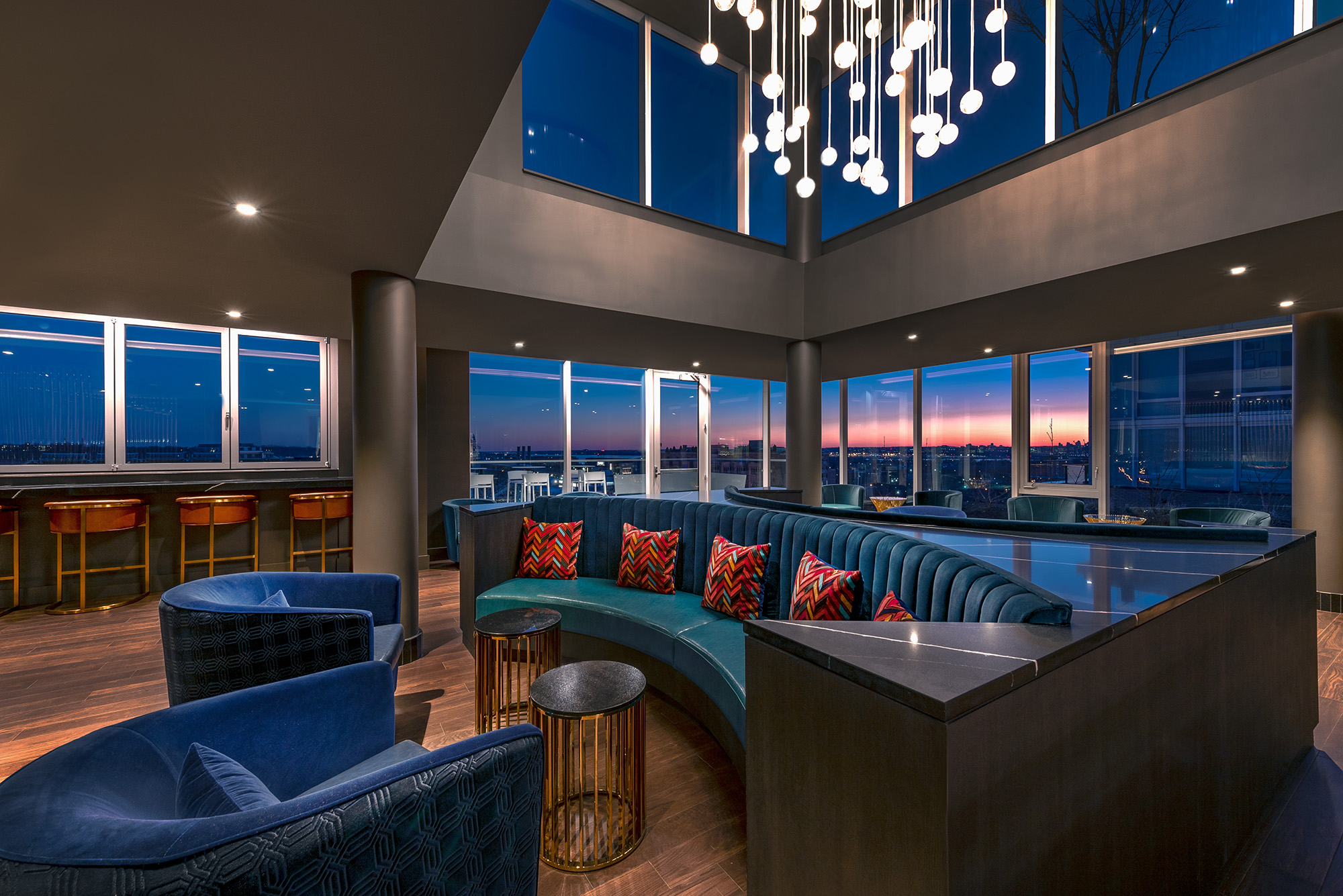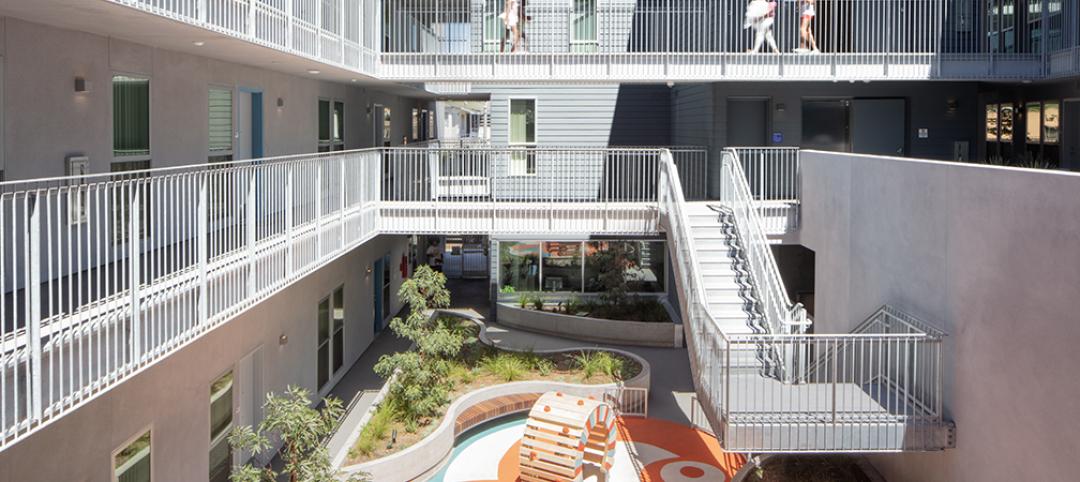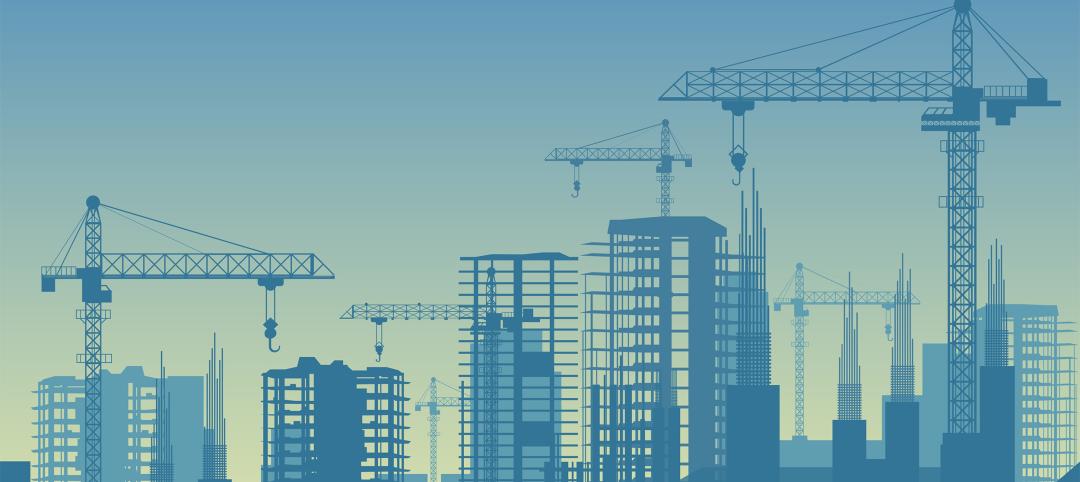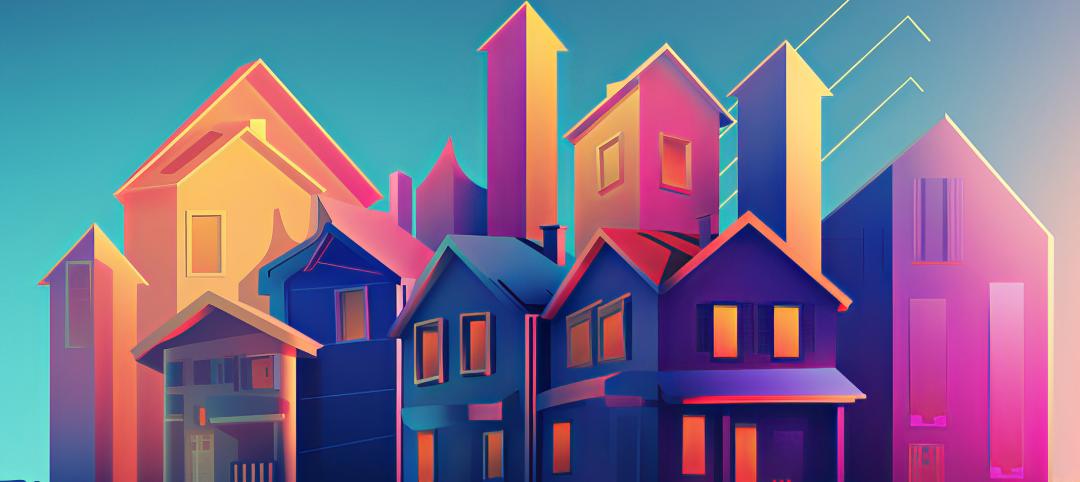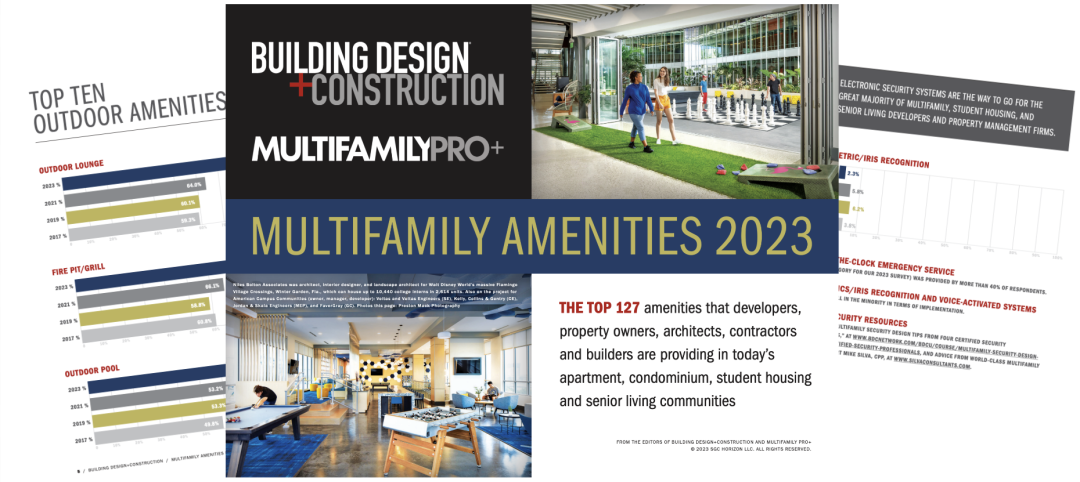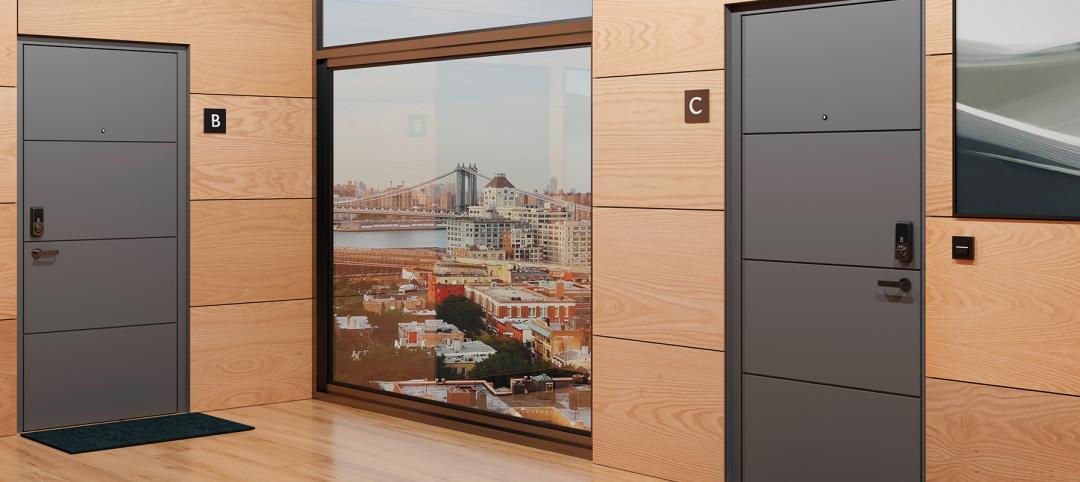The realm of residential development is consistently evolving in response to the shifting needs in the market. As priorities realign and demographic landscapes transform, multifamily designers and developers find themselves in a continuous state of adaptation to resonate with residents in an increasingly competitive arena.
At V Starr, as collaborative design partners to developers across the country, we've observed particularly pronounced shifts regarding tenant lifestyles and thus, their living needs.
What are these pivotal multifamily trends, and how can we effectively respond to them to craft spaces that not only meet but exceed the expectations of today's discerning residents?
Top 5 Multifamily Trends in 2024
1. Health & Wellness
Wellness holds steady as a high priority for residents in multifamily properties, and as such, a standard gym no longer meets their expectations. Today, multifamily dwellers are not impressed with standard fitness facilities but rather yearn for provisions catered to holistic wellness practices. We’re seeing developers and their partners responding to the call with everything from cryotherapy pods to full luxury spas, and even atriums and green spaces to help ground residents and stay connected with nature in major cities.
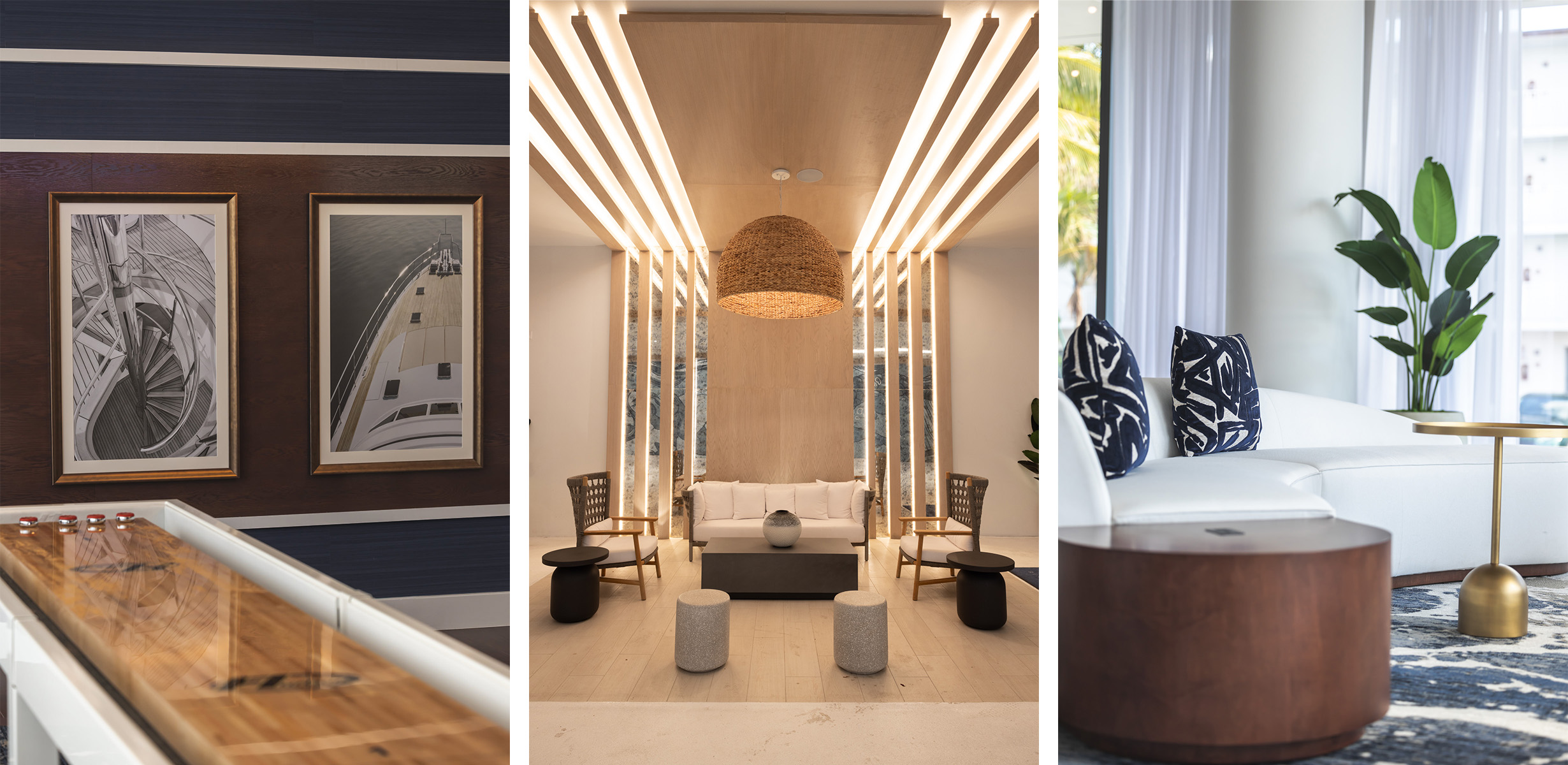
When it comes to the design of these spaces, we’re minding wellness in our material selection as well. In sourcing natural and non-toxic materials we aim to meet end users’ standards with selections that are not only aesthetically sound but also more environmentally friendly. Further, the inclusion of biophilic elements is known to contribute positively to overall mental well-being by fostering a sense of calm.
2. Diversification of Lifestyle Amenities
Outside of health and wellness, amenities are evolving to allocate dedicated spaces for leisure activities that cannot necessarily take place in small apartments or condos. Podcast studios, VR rooms, and even indoor pickleball courts are just a few examples of new accommodations now being integrated into modern developments.
Community is another important factor for residents as they all seek organic connections with neighbors and guests beyond the confines of their units. From membership pool clubs to rooftop clubs and full game room lounges, the rise of social hospitality spaces attests to the growing popularity of initiatives aimed at nurturing a vibrant community spirit among residents.
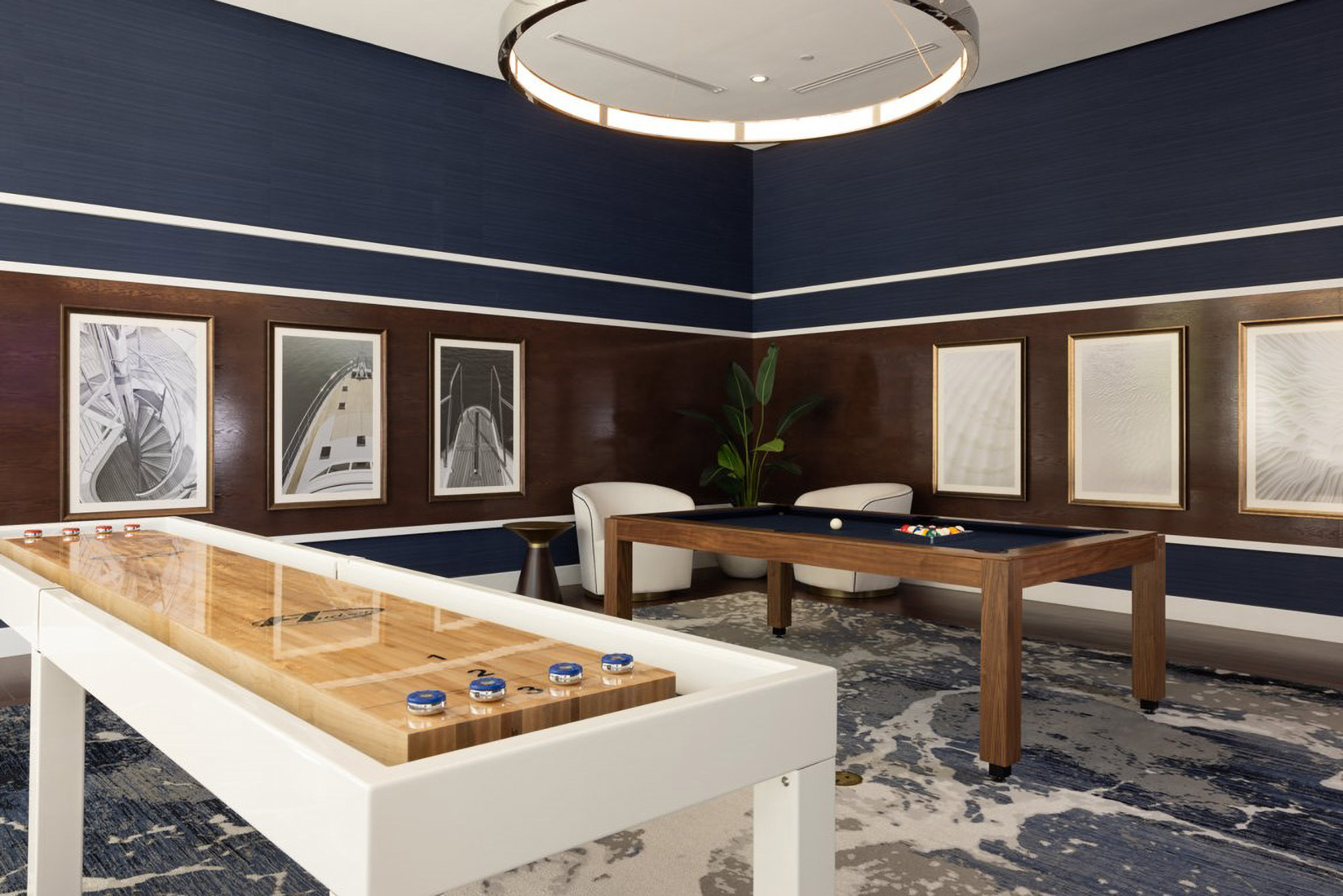
Mirroring the convenience offered at hotels and short-stays, grab-and-go drinks and food marts are another growingly common amenity that helps meet tenants’ needs with convenience.
3. Flexible, Multipurpose Spaces
With hybrid work holding steady across industries, coworking spaces persist as a prevalent amenity in multifamily buildings. Ranging from well-equipped conference rooms to individual workspaces, thoughtfully designed spaces enhance productivity and also offer an environment for remote employees to draw motivation outside of their living quarters. As hybrid work endures, these dedicated workspaces have become a key draw for residents.
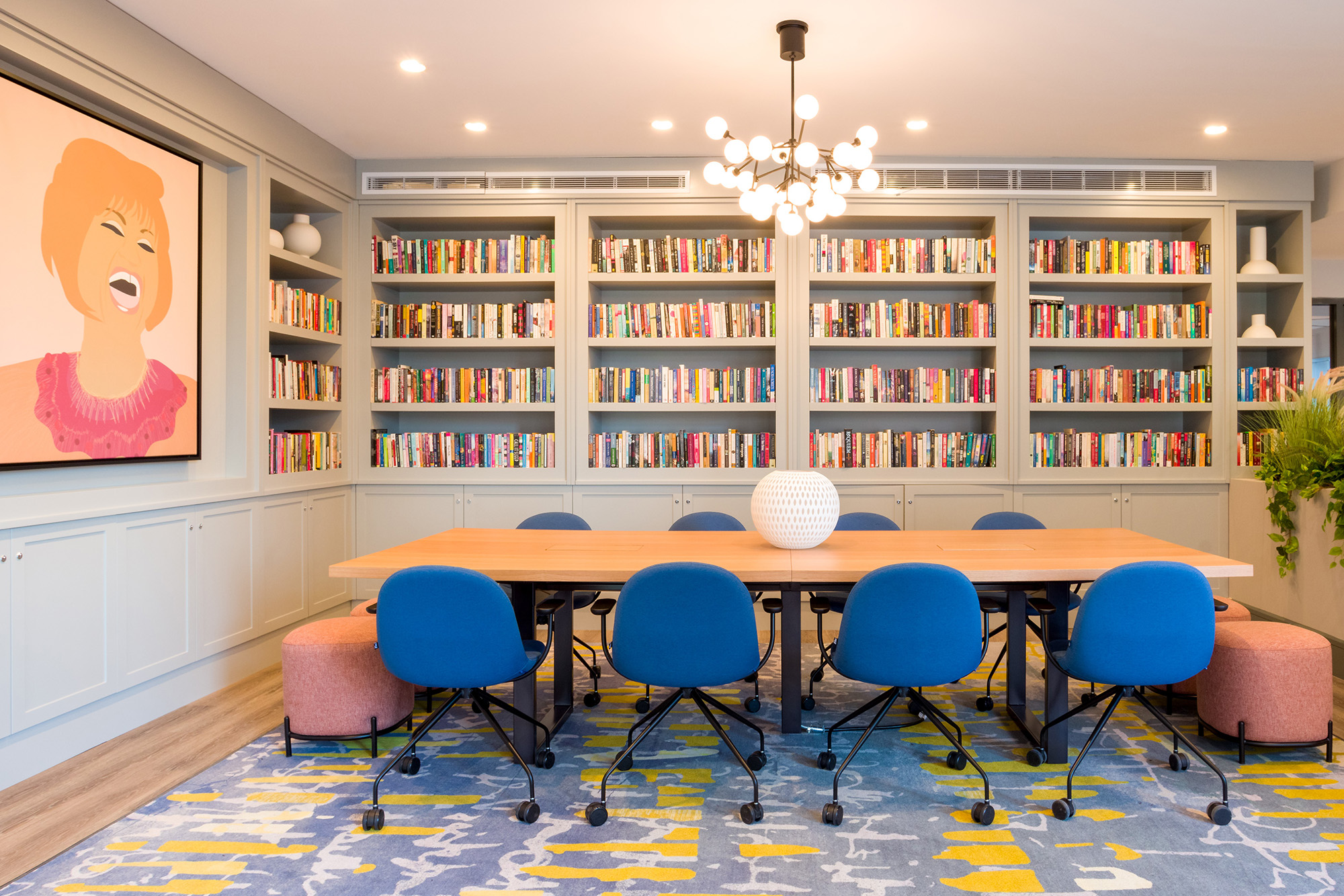
Simultaneously, increased demand for home office spaces within residences has created a need for versatile spaces. This shift not only influences the dimensions of apartments but also redefines the unit mix by challenging the conventional notion that two bedrooms are exclusively designated for families.
Instead, these spaces are now envisioned to serve dual purposes that can accommodate working from home. With this, too, comes the need for flexible storage solutions for work-related items that are out of sight and mind when guests visit but are easily accessible and convenient when needed.
4. Catering to Aging Renter Demographics
As Boomers look to downsize and explore new cities, they seek out the same amenities as Millennials, but with a more refined taste that reflects the comforts of home that they’re used to. Developers and designers are meeting their expectations with thoughtfully curated spaces that feel warm, inviting and luxurious.
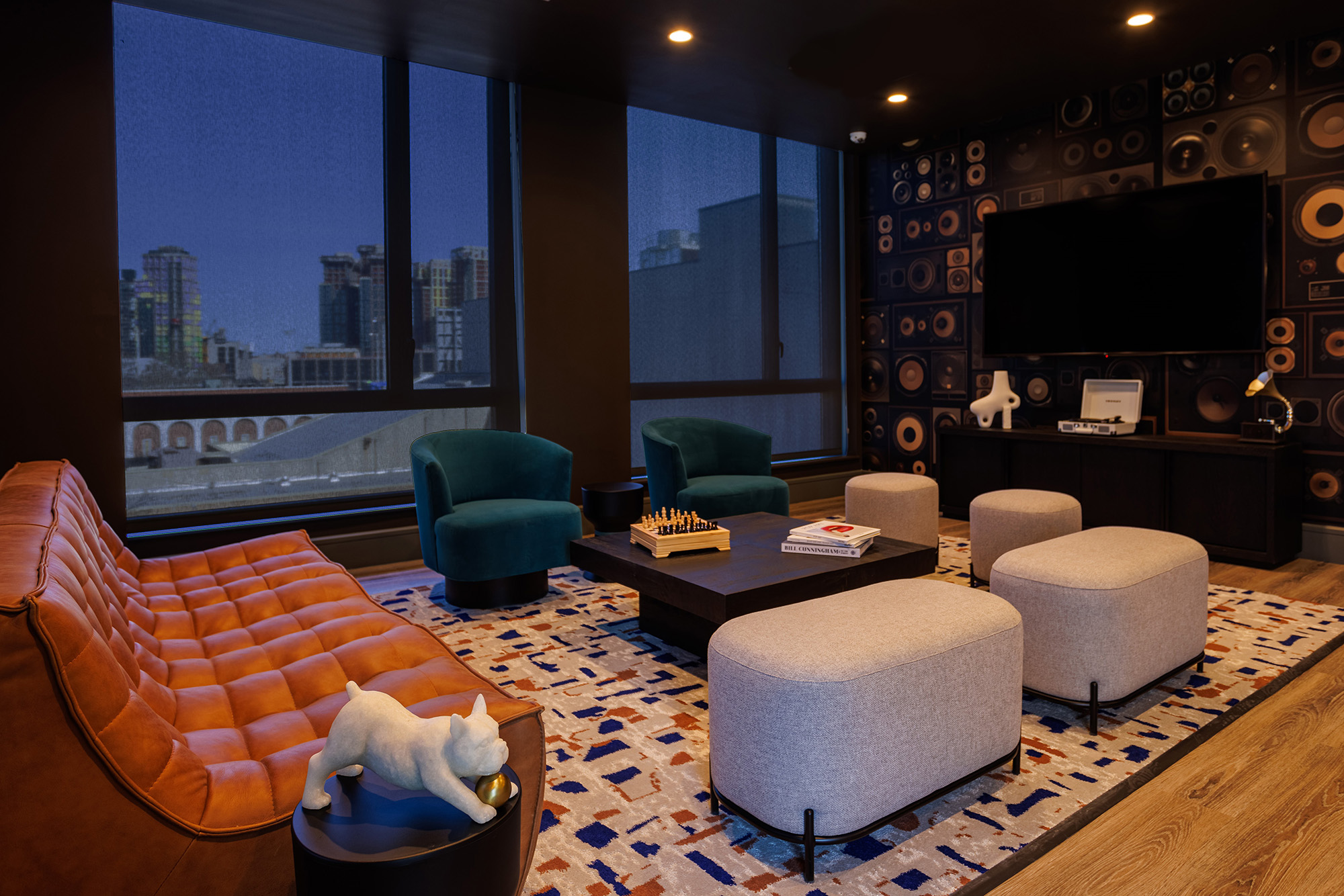
Through tactile materials, soothing color palettes and curated art packages, lounges, lobbies and amenity spaces are now approached as seamless extensions of the residents’ apartments.
5. Building Neighborhoods to Thrive
Underlining the increased focus on community, multifamily designers are embracing a holistic, mixed-use approach that considers not just residential, commercial, and retail but also food and beverage, entertainment, and performing arts, plus plenty of greenspaces. Sound rooms and stages and even hidden speakeasies are just a few of the ways property groups are accounting for the varied interests of their residents, offering a close-knit hub to meet and connect right in their communities.
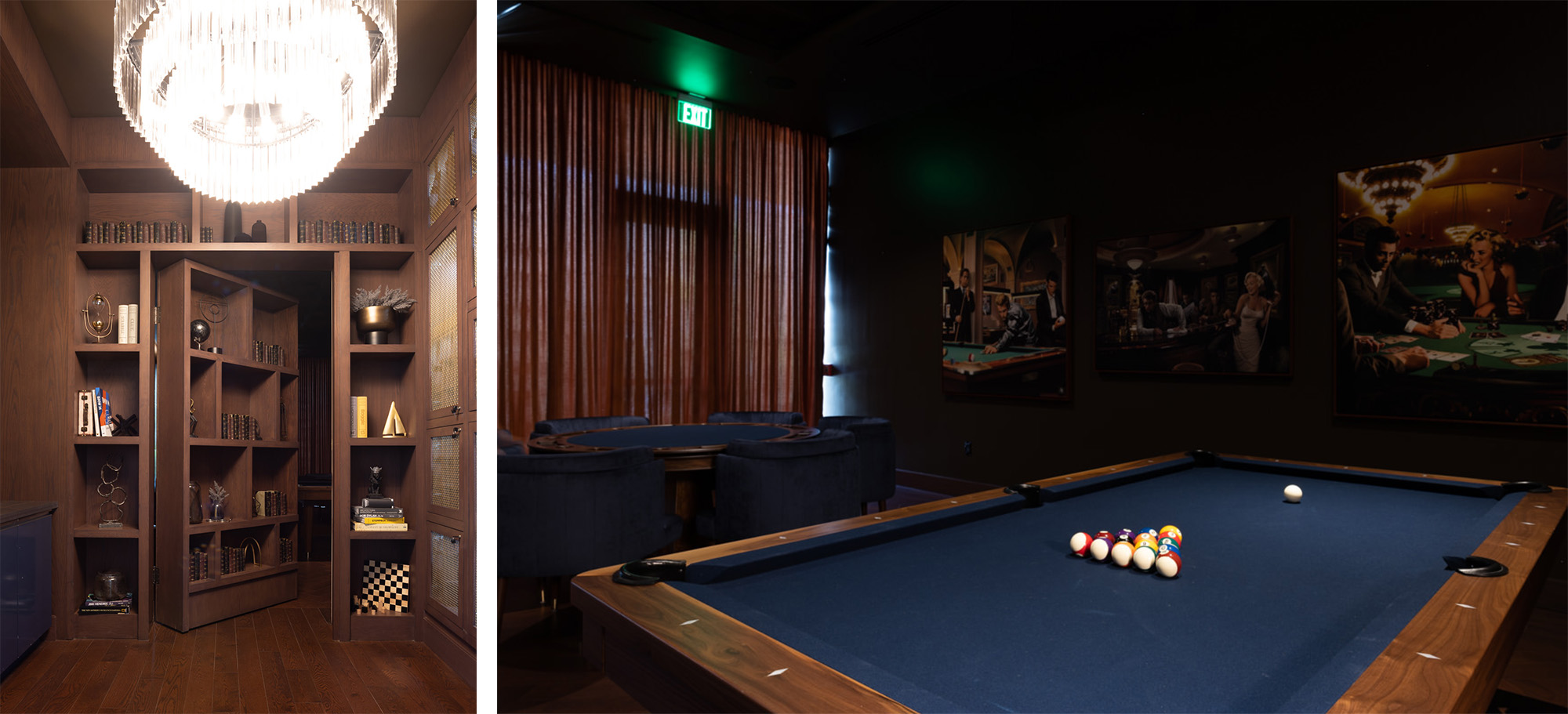
In essence, our commitment lies in crafting enduring spaces. As the dynamics and preferences of multifamily developments transform, designers and our partners aim to meet these shifts in the market with thoughtful considerations that evolve with time. While we work to accommodate each of these shifts into our projects, we too consider how they will evolve by offering flexibility in layout and function to consistently bolster vibrant and thriving communities.
Related Stories
Adaptive Reuse | Mar 15, 2024
San Francisco voters approve tax break for office-to-residential conversions
San Francisco voters recently approved a ballot measure to offer tax breaks to developers who convert commercial buildings to residential use. The tax break applies to conversions of up to 5 million sf of commercial space through 2030.
Apartments | Mar 13, 2024
A landscaped canyon runs through this luxury apartment development in Denver
Set to open in April, One River North is a 16-story, 187-unit luxury apartment building with private, open-air terraces located in Denver’s RiNo arts district. Biophilic design plays a central role throughout the building, allowing residents to connect with nature and providing a distinctive living experience.
Affordable Housing | Mar 12, 2024
An all-electric affordable housing project in Southern California offers 48 apartments plus community spaces
In Santa Monica, Calif., Brunson Terrace is an all-electric, 100% affordable housing project that’s over eight times more energy efficient than similar buildings, according to architect Brooks + Scarpa. Located across the street from Santa Monica College, the net zero building has been certified LEED Platinum.
MFPRO+ News | Mar 12, 2024
Multifamily housing starts and permitting activity drop 10% year-over-year
The past year saw over 1.4 million new homes added to the national housing inventory. Despite the 4% growth in units, both the number of new homes under construction and the number of permits dropped year-over-year.
Affordable Housing | Mar 11, 2024
Los Angeles’s streamlined approval policies leading to boom in affordable housing plans
Since December 2022, Los Angeles’s planning department has received plans for more than 13,770 affordable units. The number of units put in the approval pipeline in roughly one year is just below the total number of affordable units approved in Los Angeles in 2020, 2021, and 2022 combined.
MFPRO+ Special Reports | Mar 6, 2024
Top 10 trends in senior living facilities for 2024
The 65-and-over population is growing faster than any other age group. Architects, engineers, and contractors are coming up with creative senior housing solutions to better serve this burgeoning cohort.
MFPRO+ News | Mar 2, 2024
Job gains boost Yardi Matrix National Rent Forecast for 2024
Multifamily asking rents broke the five-month streak of sequential average declines in January, rising 0.07 percent, shows a new special report from Yardi Matrix.
MFPRO+ News | Mar 1, 2024
Housing affordability, speed of construction are top of mind for multifamily architecture and construction firms
The 2023 Multifamily Giants get creative to solve the affordability crisis, while helping their developer clients build faster and more economically.
MFPRO+ Research | Feb 28, 2024
New download: BD+C's 2023 Multifamily Amenities report
New research from Building Design+Construction and Multifamily Pro+ highlights the 127 top amenities that developers, property owners, architects, contractors, and builders are providing in today’s apartment, condominium, student housing, and senior living communities.



